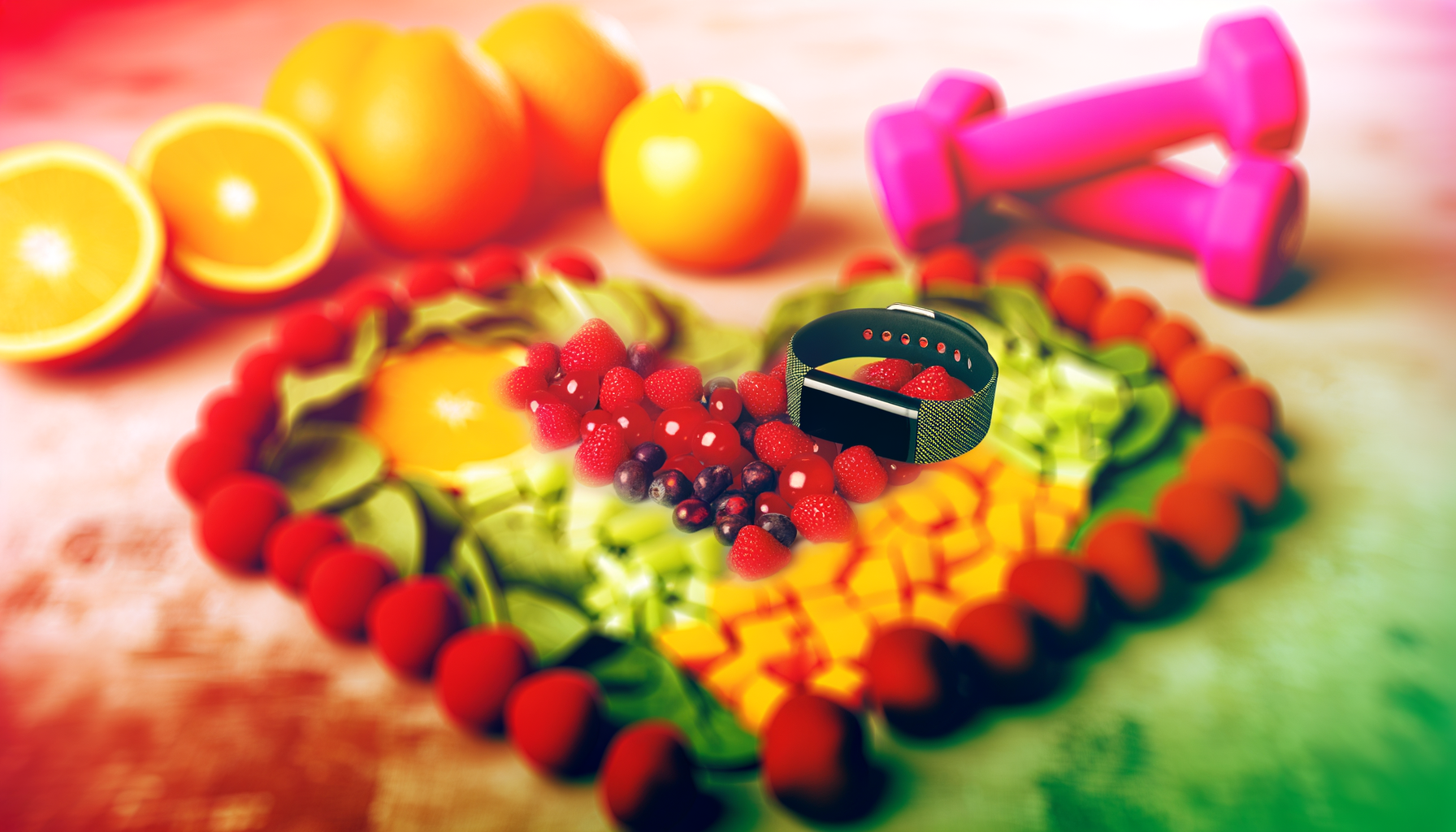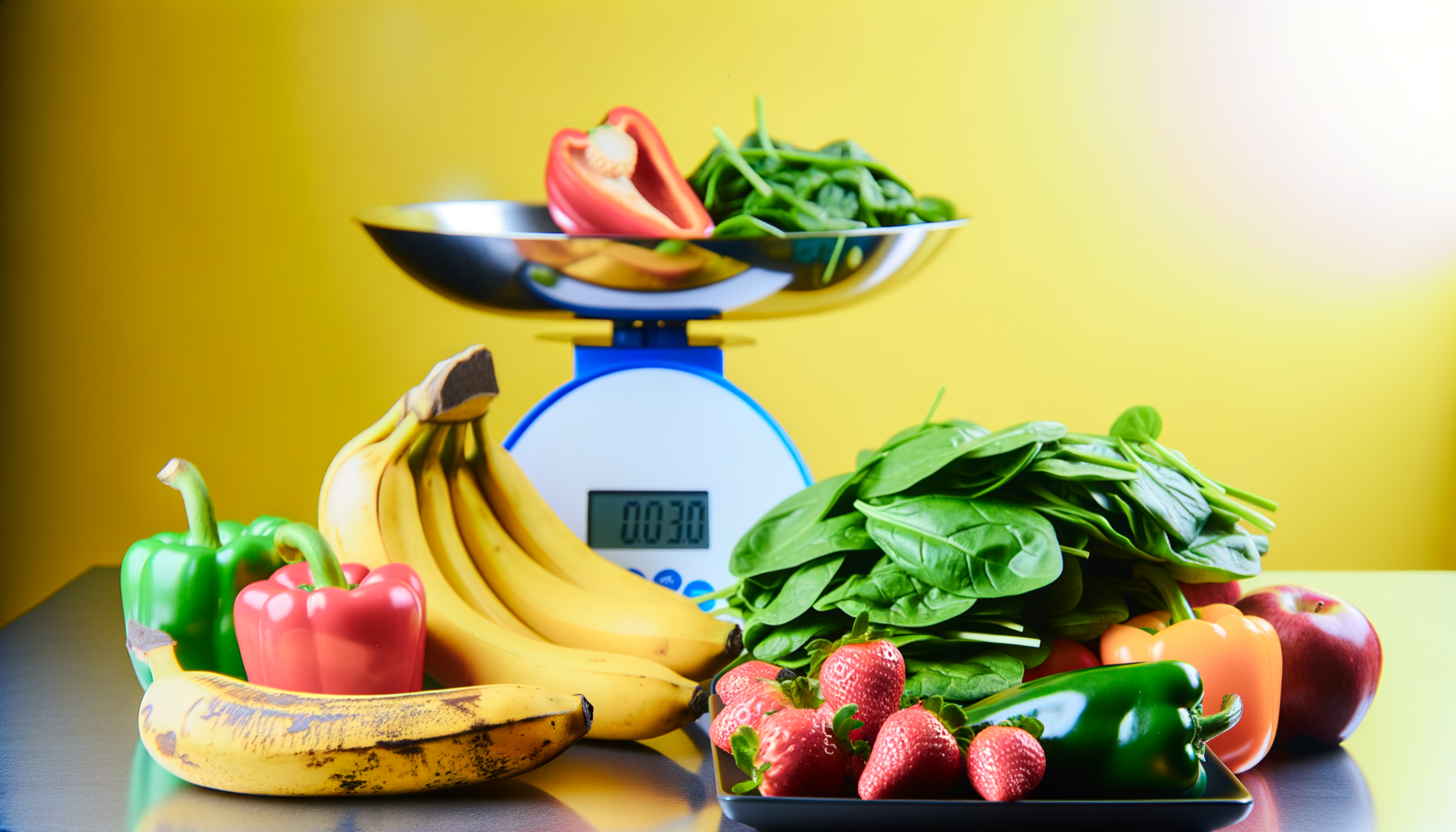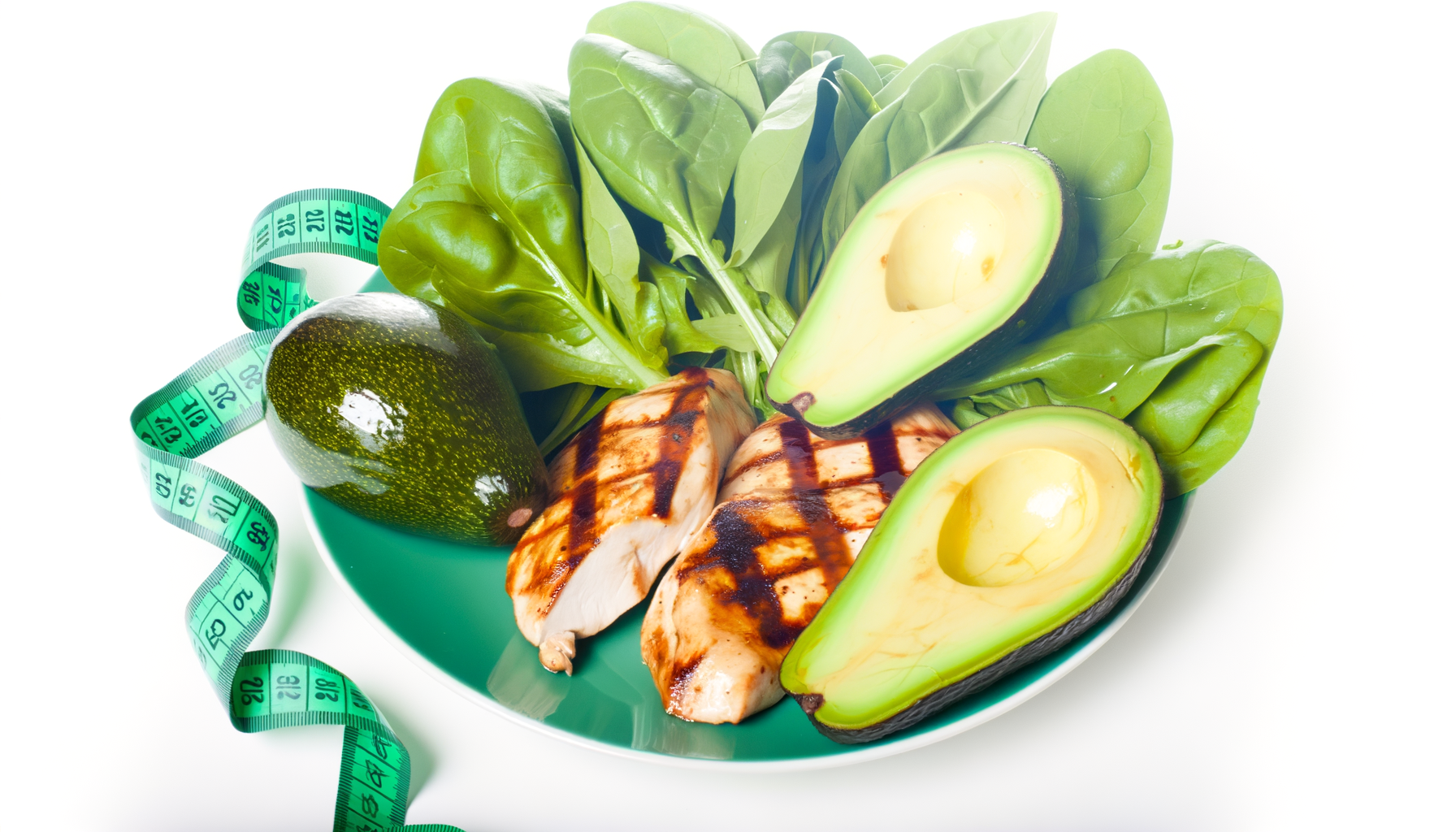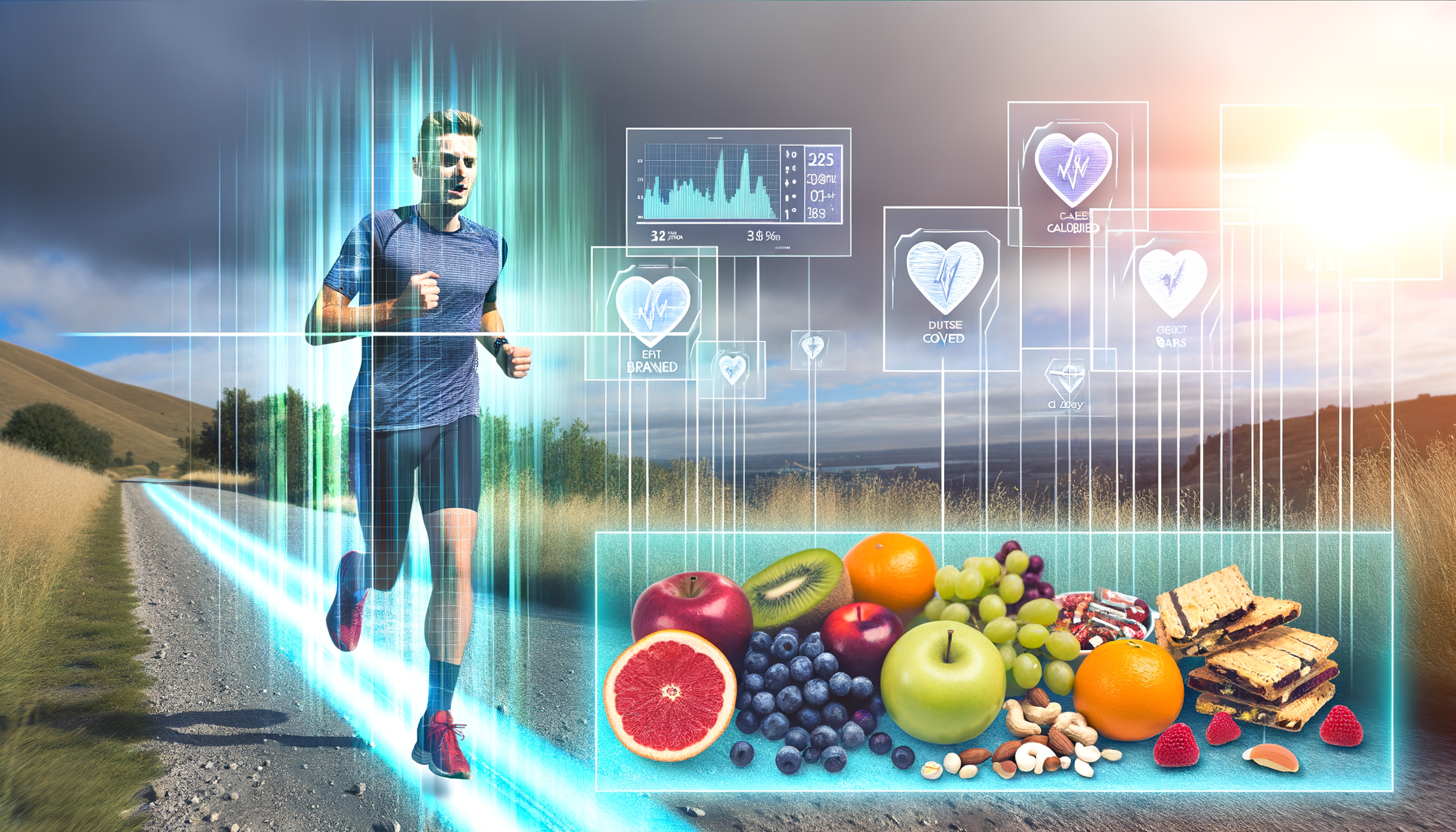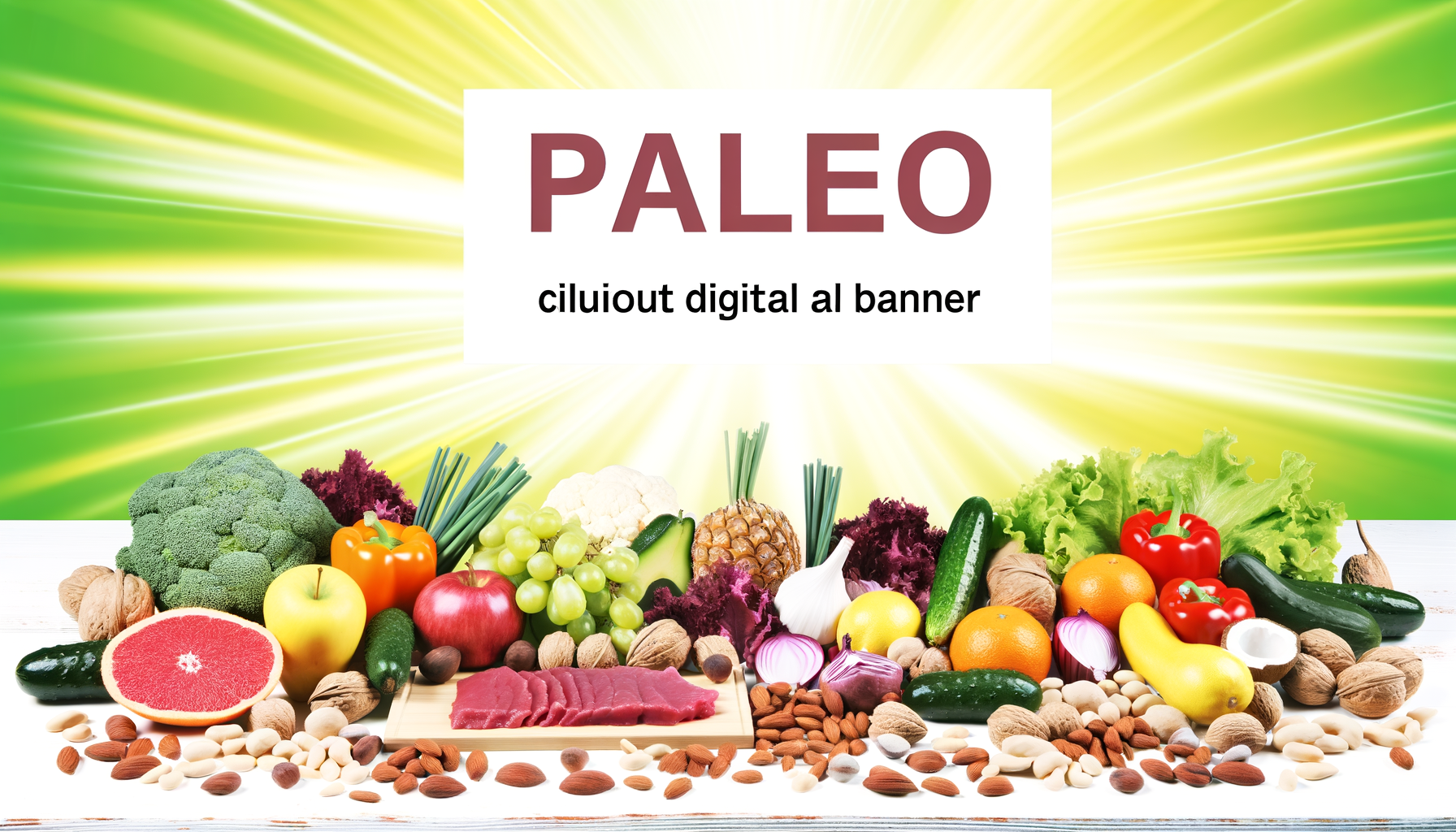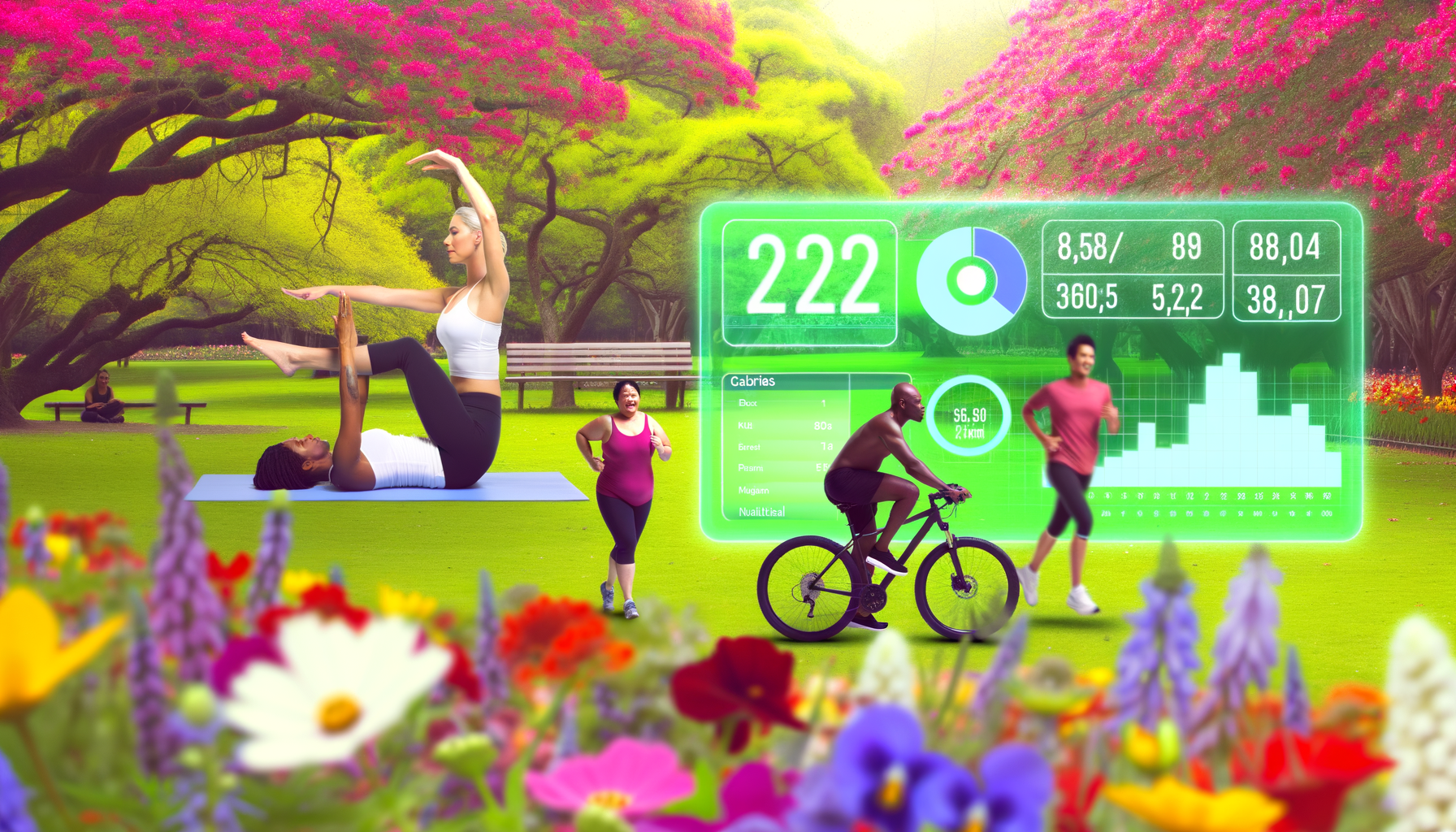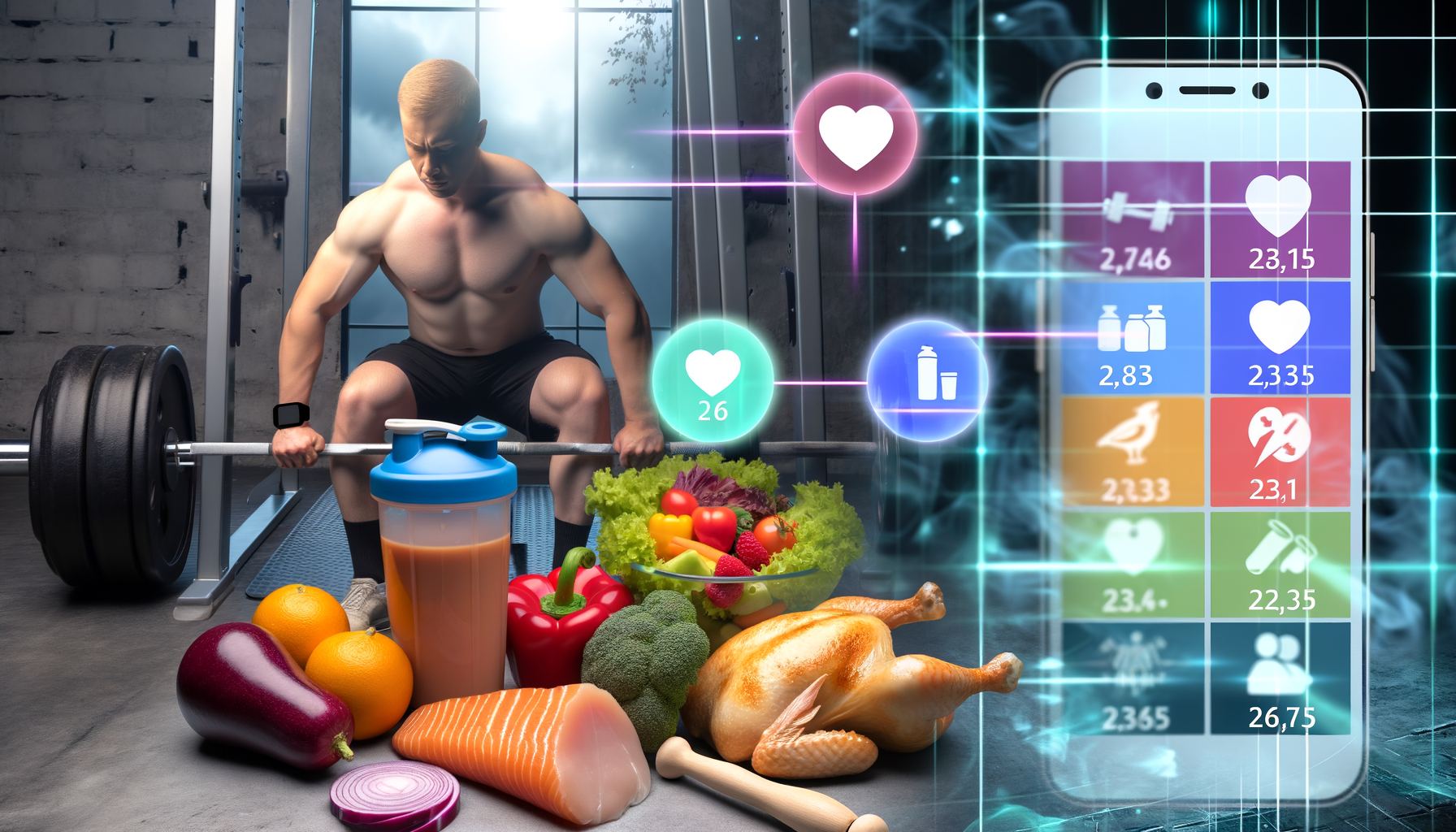Enhancing Skin Health Nutrition with WP Calorie Calculator Pro
Unlocking the Secrets of Skin Health Through Nutrition and Calorie Management
When it comes to maintaining healthy, glowing skin, nutrition plays a crucial role. The foods you eat can significantly impact the health and appearance of your skin. Here, we will explore the best foods for skin health, the importance of calorie management, and how tools like the WP Calorie Calculator can help you achieve your skin health goals.
The Power of Beauty Foods
Certain foods are renowned for their beneficial effects on skin health. Here are some of the top beauty foods you should consider incorporating into your diet:
- Fatty fish, such as salmon, mackerel, and herring, are excellent for skin health due to their high content of essential fatty acids and vitamin E. These nutrients help protect your skin from damage caused by free radicals and inflammation.
- Avocados are another skin-friendly food, rich in healthy fats, vitamin E, and other essential nutrients. These components support skin health by providing antioxidants and maintaining the skin's barrier function.
- Tomatoes are a great source of vitamin C and carotenoids like lycopene, which protect the skin from sun damage and help prevent wrinkling. Broccoli, with its high content of vitamins A, C, and zinc, along with the protective compound sulforaphane, is also a powerhouse for skin health.
- Walnuts, rich in essential fatty acids, magnesium, and the amino acid arginine, contribute to healthy skin by providing anti-inflammatory benefits and supporting skin function.
The Role of Vitamins and Minerals
Vitamins and minerals are vital for maintaining healthy skin. Here are some key nutrients to focus on:
- Vitamin C is essential for collagen synthesis and acts as an antioxidant to protect your skin from oxidative damage. Foods like capsicum, berries, and tomatoes are rich in vitamin C.
- Vitamin A, found in low-fat dairy products, carrots, and sweet potatoes, is crucial for the health of skin cells. It helps in the production of healthy skin and acts as an antioxidant.
- Vitamin E, abundant in avocados, nuts, and seeds, protects your skin from damage caused by free radicals and supports overall skin health.
Calorie Management for Skin Health
While eating the right foods is crucial, managing your calorie intake is also important for maintaining healthy skin. Here’s how calorie management fits into the picture:
A balanced diet that is neither too high nor too low in calories is essential. Consuming too many calories can lead to weight gain, which may result in skin issues like acne and reduced skin elasticity. On the other hand, a very low-calorie diet can deprive your skin of the necessary nutrients it needs to stay healthy.
Tools like the WP Calorie Calculator can help you manage your calorie intake effectively. By calculating your daily calorie needs based on your age, weight, height, and activity level, you can ensure you are providing your body with the right amount of energy without overdoing it. This balance is key to maintaining healthy, glowing skin.
Dietary Approaches and Their Impact on Skin Health
Different dietary approaches can have varying effects on skin health. Here are some insights:
- A diet rich in vegetables and unsaturated fats, and low in dairy and sugar, is often recommended for healthier skin. Eliminating processed foods and refined sugars can help reduce acne by controlling blood sugar levels and insulin production.
- Vegetarian and vegan diets, which are typically lower in saturated fats and higher in unsaturated fats, can be beneficial for skin health. These diets often include more fruits, vegetables, and whole grains, which are rich in antioxidants and essential nutrients.
- However, it's important to note that extreme dietary restrictions, such as those found in ketogenic diets, may not always be beneficial for skin health. These diets can sometimes lead to increased levels of ghrelin, a hormone that may not be favorable for acne-prone skin.
Real-World Examples and Case Studies
Several studies and real-world examples highlight the impact of nutrition on skin health:
- A study on the effects of a diet rich in fruits, vegetables, and whole grains showed significant improvements in skin health, including reduced signs of aging and improved skin elasticity.
- Individuals who have incorporated foods high in antioxidants and essential fatty acids into their diets often report improvements in skin clarity and overall health.
Conclusion and Next Steps
Maintaining healthy skin is a multifaceted approach that involves eating the right foods, managing your calorie intake, and adopting a balanced diet. By incorporating beauty foods into your diet and using tools like the WP Calorie Calculator to manage your calorie needs, you can take significant steps towards achieving glowing, healthy skin.
Start by adding foods rich in vitamins A, C, and E, along with essential fatty acids, to your diet. Use the WP Calorie Calculator to ensure you are meeting your daily calorie needs without overindulging. By combining these strategies, you can enhance your skin health and maintain a radiant complexion.
For more detailed guidance on how to use the WP Calorie Calculator and other tips on skin nutrition, visit our website and explore our resources and blog posts. Your journey to healthier, more beautiful skin starts here.
